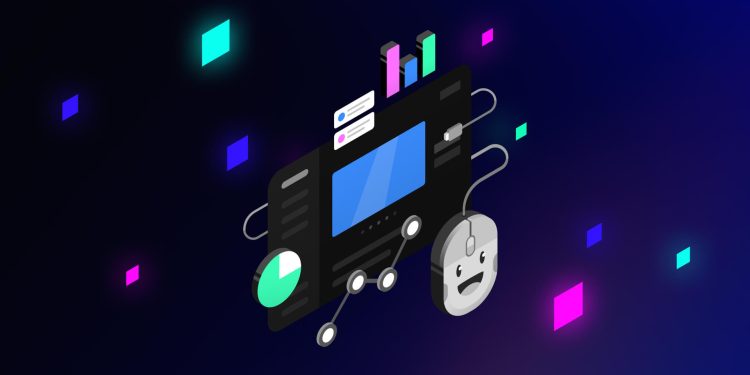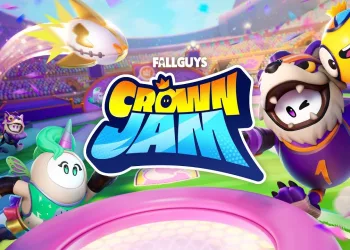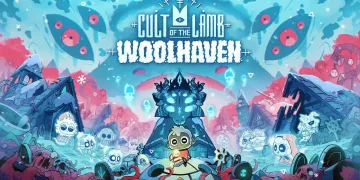Epic Games Store has announced the launch of self-publishing tools for game developers and publishers, enabling them to efficiently release games, maintain their store presence, and reach a growing audience of over 68 million monthly active users. The tools are available to any developer or publisher whose games meet the store’s requirements, which include supporting PC cross-play for multiplayer games, enabling Epic Games Store achievements, obtaining age ratings for regional distribution, complying with content guidelines, and avoiding prohibited content.
One notable requirement is PC cross-play for multiplayer games, which means that games must support cross-play across all PC stores, allowing players to easily connect with others regardless of where the game was purchased. This requirement aims to provide a best-in-class player experience that doesn’t lock players into a single store. Developers can implement cross-play themselves, use a third-party SDK, or use Epic Online Services for free.
Additionally, if the game has achievements on other PC stores, Epic Games Store achievements are required for games onboarded to the self-publishing tools after March 9, 2023. This helps standardize the player experience regardless of where the game was purchased.
Other benefits of self-publishing on the Epic Games Store include access to a larger audience of over 230 million users worldwide, a revenue share of 88% for games sold through the store, professional localization services for game pages, and an integrated process for obtaining age ratings at no cost. Developers can also waive engine royalty fees for in-store purchases using Epic’s payment processor for games built on Unreal Engine.
Overall, these developments make the Epic Games Store a more developer and consumer-friendly platform, offering developers more options and opportunities for players to connect and play together. The move towards self-publishing and cross-play for multiplayer games is a positive development for the gaming industry, promoting greater accessibility, connectivity, and standardization of the player experience.
Notable Epic Games Store Requirements
The store is open to all developers and publishers whose titles meet the Epic Games Store requirements. These requirements are designed to provide a best-in-class player experience that doesn’t lock players into a single store. Notable requirements include:
-
PC Crossplay for Multiplayer Games
Multiplayer games must support crossplay across all PC stores. This ensures that players who purchase a multiplayer game on any store can easily connect with other players, regardless of where the game was purchased. To achieve this, you can implement crossplay yourself, use a third-party SDK, or use Epic Online Services for free. Learn more: enabling PC crossplay functionality
-
Epic Games Store Achievements
All games onboarded to the Epic Games Store publishing tools after March 9, 2023 are required to enable Epic Games Store achievements if the game has achievements on other PC stores. This helps standardize the player experience regardless of where the game was purchased. Learn more: configuring achievements
-
Age Ratings for Regional Distribution
The Epic Games Store has partnered with the International Age Rating Coalition (IARC) to help developers obtain ratings directly where required. This service is provided at no cost to you by the Epic Games Store. If your game already has a rating from an official rating system, it must be displayed on your store game page. Learn More: ratings
-
Prohibited Content
Certain types of content are prohibited on the store, including but not limited to: hateful or discriminatory content; pornography; illegal content; content that infringes on intellectual property you do not own or have rights to use; scams, frauds, or deceptive practices, such as fake games or malware. Learn more: prohibited content.
-
Game Quality
Games must download, install, launch and function consistently with the assets and descriptions you provide on the game page. Epic reserves the right to reject games that we don’t feel are sufficient in quality and functionality. Learn more: content guidelines.























